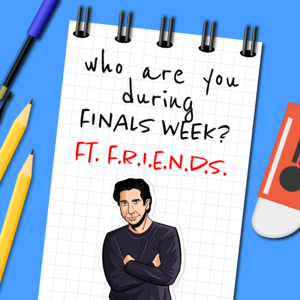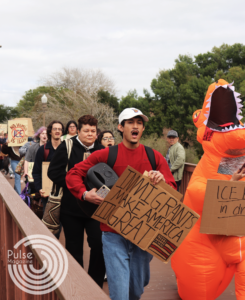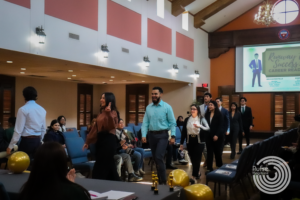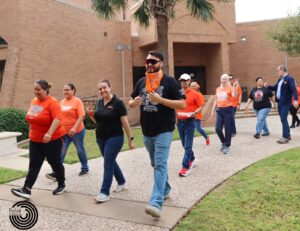Mental Health Series: The “Perfect” Body Column
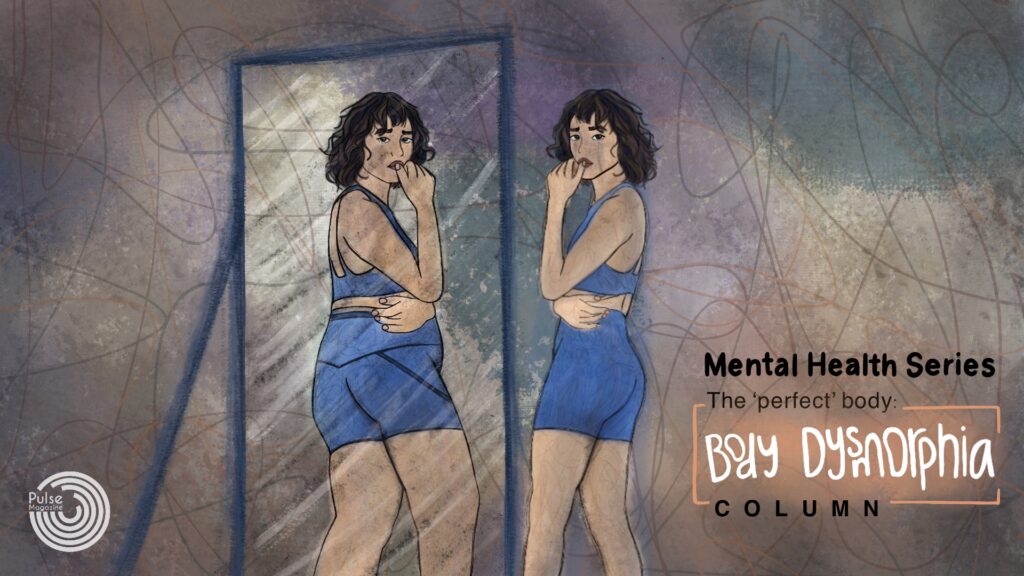
In the Hispanic culture, people sometimes get nicknamed “El/La gordo/a” or “El/La flaco/a,” which in English means “the fat man or woman” or “the skinny man or woman.” When did society decide it was ok to identify people by their appearances? Some people are ok with it, but to others, it is utterly traumatic. Those who struggle with their weight and appearance are significantly affected. Appearance labeling and other factors such as social media influence may be where body disorders like body dysmorphia can stem from.
According to Mayo Clinic staff, Body Dysmorphic Disorder, also known as body dysmorphia, is “a mental health condition in which you can’t stop thinking about one or more perceived defects or flaws in your appearance — a flaw that appears minor or can’t be seen by others. But you may feel so embarrassed, ashamed and anxious that you may avoid many social situations.”
Some signs and symptoms of body dysmorphia can include: attempting to hide perceived flaws with styling, makeup, and clothes or always comparing the way you look with others, having perfectionist tendencies, seeking cosmetic procedures with little satisfaction, or avoiding social situations.
People will see models with nice bodies or nice clear faces, and nice noses and immediately compare themselves to those people. Most of the time though, all these “perfect bodies” are Photoshopped at least once. On social media, people will not show their real selves. Instead, they will use filters and make-up to mold the “perfect body.”
As a person who has always struggled with their weight, I feel for and stand up for those who get identified by their weight. For years, I have been self-conscious about my appearance, specifically my weight. Coming from a family line with overweight problems and being called “big”, I have always been overweight, even as a child, or so I thought.
As a child, I always dreaded going to the doctor’s office because I knew I would get weighed and seeing my weight was nerve-wracking. I remember being made fun of because I was wearing a tight shirt or because, if I was fat, “I couldn’t climb a tree.” The feeling that followed was the worst.
I remember crying alone and wanting to crawl out of my own skin somehow. That feeling progressed in my teenage and young adult years.
The crazy thing about it is that a couple of years later, I would look back at those pictures where I thought I looked disgusting and the present me thought past me looked fine. I remember that when I took the pictures though, I felt utterly disgusted, and thought I was overweight. I never knew or gave a thought to how this dysmorphia affected me so much mentally.
I was never diagnosed with body dysmorphia, but I remember my younger self feeling so complex with my image. I did not like the way certain parts of my body looked.
I remember missing out on social events because I didn’t want to dress up. I also remember not wearing dresses, skirts, shorts or anything that revealed my skin because I felt exposed.
I did not like the way my legs looked. I hated how my arms flabbed, and I couldn’t stand looking at my stomach in any tight shirt or dress. It just wasn’t about my weight, but about how that weight was distributed throughout my body. I never felt like I had the “perfect body”.
The truth is, there is no ideal image of a “perfect body.” Everyone has flaws, but those flaws make you who you are. Everyone’s imperfections make them perfect. Don’t let a nickname or a social media post tell you that you don’t have “The Perfect Body.”
Although you may feel ashamed or embarrassed of your appearance, you must seek medical help if you present any signs or symptoms of body dysmorphia. If left untreated, body dysmorphia can lead to more serious issues like anxiety, severe depression and in some cases, suicidal thoughts.
If you feel like you might harm yourself, consider talking to someone about your feelings. Reach out to a close friend or loved one. Call a minister, spiritual leader or someone else in your faith community.
You can also contact the counseling center at UTRGV at 956-665-2574 in Edinburg or 956-882-3897 in Brownsville. The services are free and confidential.
In the U.S., call the National Suicide Prevention Lifeline at 1-800-273-TALK (1-800-273-8255) or use its webchat at https://988lifeline.org
Call your mental health professional.
Seek help from your primary care provider.
Reach out to a close friend or loved one.
Contact a minister, spiritual leader or someone else in your faith community.




